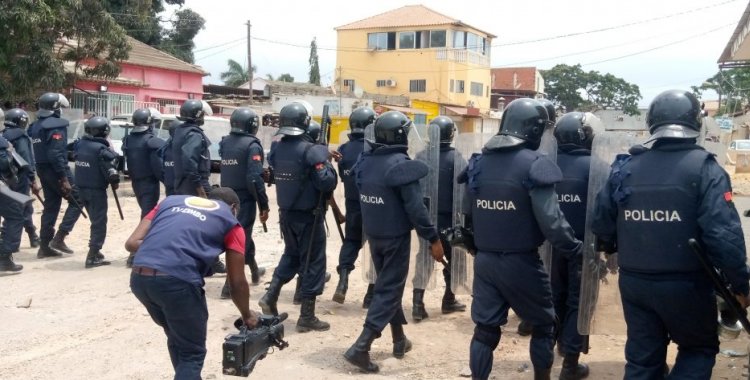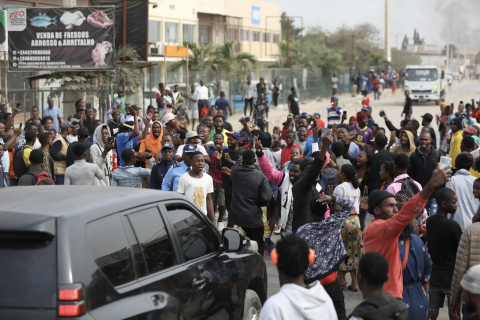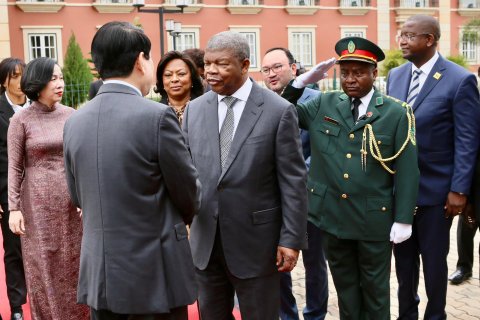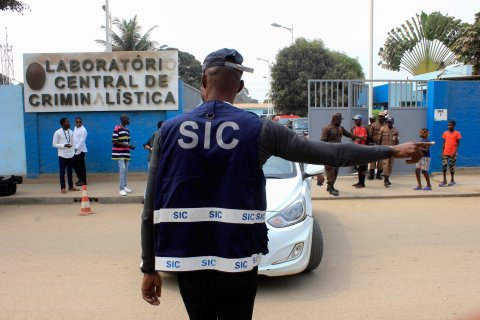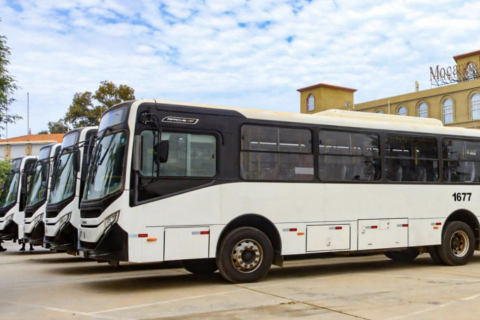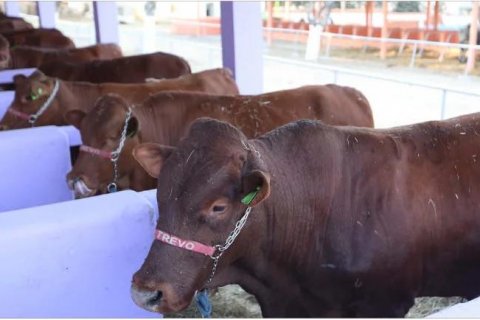According to Yanick Bernardo, human rights in Angola were elevated to the issue of national security by presidential decree 100/200 and all human rights issues have preponderance in terms of national security.
"So, the defense and national security bodies must be the first and be the bulwark of protection and guarantee of the exercise of press freedom", said Bernardo, when questioned by Lusa.
The National Directorate of Human Rights, a department of the Ministry of Justice and Human Rights, underlined, has developed "concrete actions" to stop the arrests of journalists by the National Police.
"We do have concrete actions to avoid that [journalists' arrests], first of all is the cooperation protocol that we have with the general command of the National Police of Angola for the training of personnel in matters of fundamental rights", he stressed.
"Both the journalistic class and the population, who must have access to information and secure information, as well as the security of journalists themselves in covering all events of relevance to society", he pointed out.
Yanick Bernardo highlighted what has been a path towards respect for journalistic activity in Angola: "We have been following this path saying that, fundamentally, the exercise of journalistic activity must be respected within the legal parameters".
Two weeks ago, the correspondent of the German international broadcaster Deutsche Welle, Borralho Ndomba, was arrested in Luanda while he was covering a demonstration by students against the imposition of haircuts in schools.
The secretary general of the Union of Angolan Journalists (SJA), Teixeira Cândido, condemned, on the occasion, the detention of the journalist with 14 more students and made it known that at least four journalists had been detained in Angola, since last August, in the exercise of the activity.
Yanick Bernardo said that the "irritating" and "institutional misunderstandings" that have been taking place, alluding to the arrest of journalists, "are punctual and are seen, fundamentally, in the coverage of demonstrations", where "one must effectively guarantee" the right to journalistic coverage.
"We have already had an approach in this sense, there are also clear guidelines so that the exercise of this journalistic activity should in no way be harassed and we appeal: whenever there are violations, violations of the full exercise of the right to freedom of the press, these issues must be reported", he urged.
"They must be denounced in order for these people to be held accountable," he maintained.
Speaking on the sidelines of the ceremony for the presentation of the Human Development Report 2021-2022, in Luanda, the official recalled that the exercise of journalism has legal support and "anyone offended" must resort to institutional mechanisms.
"Of course, if someone feels offended by the content of a particular journalistic article, they should prioritize institutional mechanisms, which is to write to the agency, asking for the right of reply and if, eventually, the content of the information revealed does not correspond to the truth or the contradictory was not properly attended to," he said.
"And we are not going to detain journalists, which must be a condemned attitude, and naturally, we are working towards ensuring that this type of situation does not happen again", he pointed out.
Because, continued the leader, "in a way they collide with the objectives that the State has, which is the guarantee of the fundamental rights and freedoms of the citizens".
The national director for Human Rights also made it known that the country's National Human Rights Strategy encompasses numerous challenges ranging from the realization of civil rights to access to basic health services.
"We have numerous challenges that our National Human Rights Strategy points out, from the realization of civil and political rights, we are talking about freedom of the press, access to information, security of journalists, we have extraordinary challenges in this regard", he acknowledged.
And he added: "We have the issue of access to basic services, from health services, because when we talk about health, for example, it is not enough to build infrastructure, we have to invest in technicians, equipment, we have to guarantee a health service , with education and adequate basic sanitation service".
The coordination of all public policies in the human rights sector, including civil registry services, modernizing them, improving their quality, and bringing them closer to the populations are also among the challenges.
"Another aspect that also seems important to us is at the level of the SDGs [Sustainable Development Goals] and the challenges in terms of human rights in our sector still have to do with the reform of justice and law, drafting current diplomas that suit to the reality and needs of society, strengthen institutions in the realization of the democratic and lawful State", concluded Yanick Bernardo.
The Interior Minister regretted, following the arrest of the Deutsche Welle journalist, the impediments to the exercise of journalistic activity by the National Police and defended better identification of journalists, especially in the coverage of public demonstrations, for differentiated treatment.
Eugénio Laborinho, who was speaking during a meeting with the SJA, at the ministry's headquarters, where the problem of the detention of journalists by the police was addressed, asked for "better identification of professionals".

